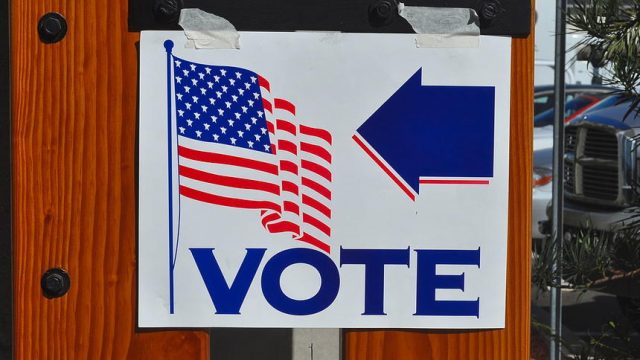John Andrist: Thoughts on North Dakota’s Ballot Measures

Aside from electing candidates in the forthcoming election, we will be deciding five ballot measures.
The first two propose to change our state constitution, and have been promulgated by the state legislature for your consideration. Changes to the constitution require voter approval.
The first would require that henceforth legislators may not serve in the legislative session unless they live in the district they represent.
At first I thought it was a no-brainer. But a recent column by Lloyd Omdahl has given me pause.
From the perspective of a rural district it still makes some sense, but I’m not aware of any rural legislator who has ever before tried to serve while living elsewhere.
However, if you were elected in a city that has multiple districts I can’t see why a move across town should disqualify you.
I think the concept cries for better wording, perhaps requiring residency from the district where he/she seeks to be a candidate.
Measure two seeks to make certain that oil tax collections include some monies for education.
It would require 20 percent of the extraction tax to go directly to savings accounts used exclusively for education.
Worth noting is that all of the oil tax funding now used for local needs comes from the production tax, not the extraction tax.
It would also permit the legislature, with consent of the governor, to use those funds, should other appropriations to education fall short.
In effect it would serve to prioritize education ahead of all other state needs during periods of economic downturn.
It would be better had it specified K-12 education specifically, but it’s close enough for me to support.
Measure 3 comes to us from petitioners, but it too would amend the constitution. Called Marsy’s law it would provide for all kinds of special rights for the victims of crime.
Most of those rights seem reasonable on the surface. But most members of the judiciary, and almost all attorneys, both from the defense and prosecuting sides, are not supportive.
I might feel differently if it was simply an initiated law, so any problems could be fixed by the legislature, but we already ordain way more in our constitution than does the U.S. Constitution.
That’s my reason for voting no.
Measure 4 is also initiated by petitioners and would enact an additional tax on cigarettes from 44 cents to $2.20 per package of twenty cigarettes, as well as elevate the tax on cigars from 28 percent to 56 percent.
As a legislator I opposed the idea, because philosophically I believed taxation should be used only to produce revenue for public spending, and not to punish behavior.
Since it is not a constitutional measure it could be altered by the legislature, but not for at least seven years.
The problem for me is in the detail. I would be more comfortable if it was simply about enacting the tax. But it also proposes how it must be spent.
Needs change. That’s why we mostly leave the spending to the legislature.
The legislature looks at all budget requests every two years, weighing the needs of one against another. As it should.
This would lock in the spending forever, making it a tax the legislature can’t touch. As such it becomes a tax everyone ends up paying, not just smokers.
A study of basic economics would suggest it is a burden that everyone will ultimately pay.
Measure 5 is the one on medical marijuana. Again, if it had just authorized doctors to prescribe it and pharmacists to dispense it this would be more arguable.
But it also encapsulates a whole bunch of convoluted rules that have had no public vetting.
Call me Mr. skeptic, but I’m not sold. We are already facing huge social issues from drug use, much of it from legal drugs. I’d rather not be in the business of deciding what’s safe, and what isn’t.
So the detail in the last three measures all give me reason for a no vote, more than the concepts themselves.




